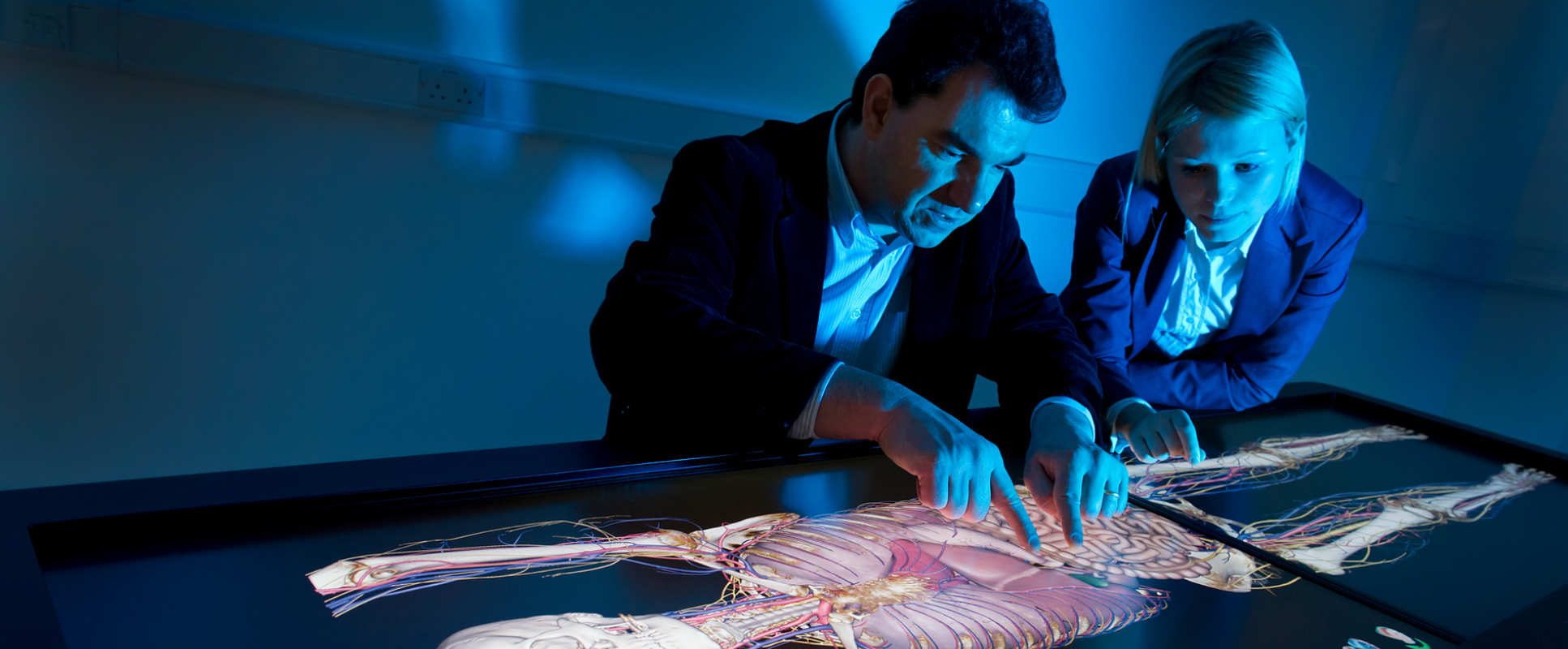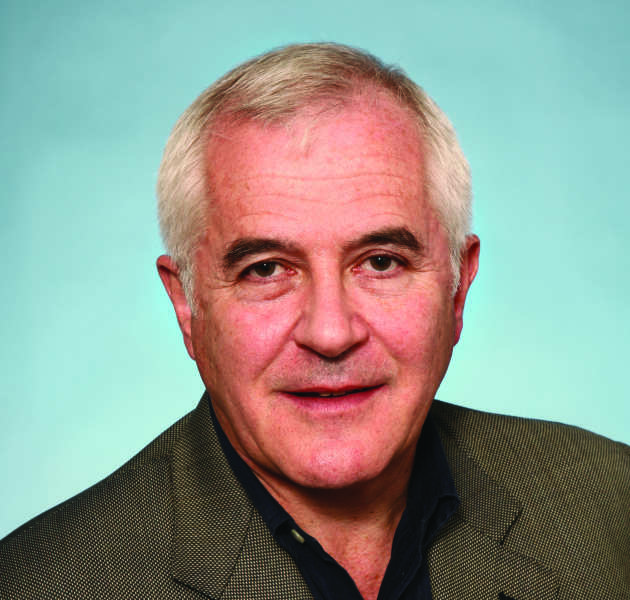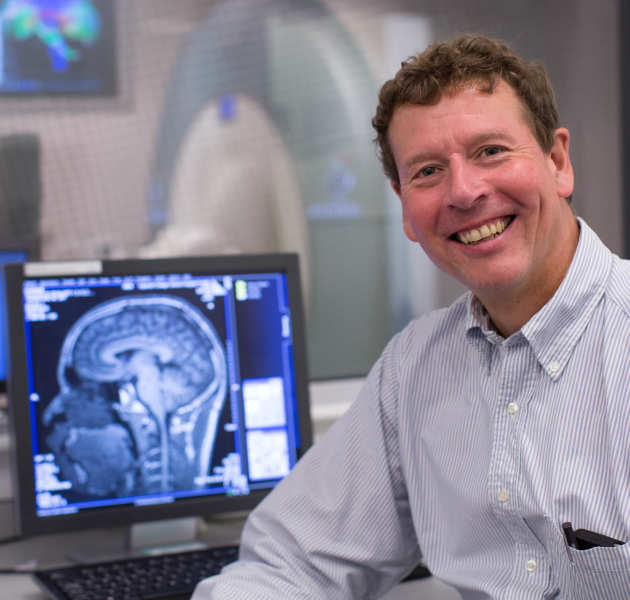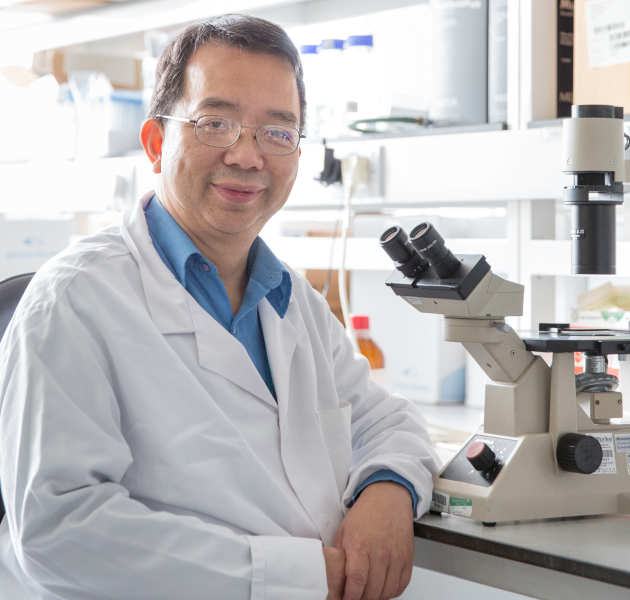
Philanthropic contributions which focus on appointing the best academics in their field allow Imperial to ensure that we are conducting the highest standards of research. Named chairs and long-term posts, in combination with our reputation as an institution, maintains our research excellence and boosts areas of blue-sky research, which otherwise would not be possible. If you would like to help us to continue to make top academic appointments then please contact the Faculty of Medicine Development Team.
Some examples of the incredible donations which have created academic posts and pushed our research capabilities to new heights are below:

The Sidharth Burman & Professor David Taube Chair in Renal Medicine
 Mr Burman, who passed away in October 2015, was a patient of Imperial’s Professor David Taube at Hammersmith Hospital for nearly 20 years. In later life, Mr Burman expressed his desire to leave a gift to the College, which would fund a new Chair in Renal Medicine and support research into better treatments for people affected by kidney disease. His family made a one million pound gift to commemorate Mr Burman’s life and recognise the work Professor David Taube. The Chair leads research within the Renal and Vascular Inflammation Section of the Department of Medicine's Division of Immunology and Inflammation, and carries out clinical work at Imperial College Healthcare NHS Trust's Renal and Transplant Centre at Hammersmith Hospital – one of the largest centres for renal medicine and transplantation in Europe. The creation of the five-year chair has brought world-class academic leadership across both clinical work and research in renal medicine. By bridging these two areas at a strategic level, innovative work has taken place across the field, and the translation of research findings into patient benefit has dramatically increased.
Mr Burman, who passed away in October 2015, was a patient of Imperial’s Professor David Taube at Hammersmith Hospital for nearly 20 years. In later life, Mr Burman expressed his desire to leave a gift to the College, which would fund a new Chair in Renal Medicine and support research into better treatments for people affected by kidney disease. His family made a one million pound gift to commemorate Mr Burman’s life and recognise the work Professor David Taube. The Chair leads research within the Renal and Vascular Inflammation Section of the Department of Medicine's Division of Immunology and Inflammation, and carries out clinical work at Imperial College Healthcare NHS Trust's Renal and Transplant Centre at Hammersmith Hospital – one of the largest centres for renal medicine and transplantation in Europe. The creation of the five-year chair has brought world-class academic leadership across both clinical work and research in renal medicine. By bridging these two areas at a strategic level, innovative work has taken place across the field, and the translation of research findings into patient benefit has dramatically increased.
If you would like to help us to continue to make top academic appointments then please contact the Faculty of Medicine Development Team.

The Edmond and Lily Safra Chair in Translational Neuroscience and Therapeutics

A £3 million gift donated by Lily Safra and The Edmond J. Safra Foundation has accelerated Imperial's research into neurodegenerative diseases. The donation established the Edmond and Lily Safra Chair in Translational Neuroscience and Therapeutics, a professorial position endowed in perpetuity. It will also support the Edmond and Lily Safra Neuroscience Scholars Programme for early career scientists researching neurodegenerative conditions such as Alzheimer’s and Parkinson’s diseases. Professor Paul Matthews, Head of the Division of Brain Sciences at Imperial, was appointed as the Edmond and Lily Safra Chair. This appointment has substantially strengthened a major research programme integrating neurotechnology, “big data”, imaging science and experimental neurology for the development of new diagnostics and treatments for Alzheimer’s disease and other neurodegenerative diseases. The £3 million donation is funding a new senior postdoctoral fellowship programme for outstanding young scientists conducting novel research in the area. Edmond and Lily Safra Neuroscience Scholars receive a salary, research costs and laboratory space for three years, enabling them to conduct new research and to establish themselves in a research career.
If you would like to help us to continue to make top academic appointments then please contact the Faculty of Medicine Development Team.

The Ken and Mary Minton Chair of Renal Medicine
 Professor Tam is the inaugural Ken and Mary Minton Chair of Renal Medicine, a prestigious academic post created thanks to a generous £2M donation from Mr and Mrs Minton. The late Mr Kenneth Minton received treatment over many years from Imperial’s Professor David Taube. He and Mrs Minton wanted to give something back by donating to support renal medicine – with the ultimate aim of improving treatments for patients affected by kidney disease. One in ten people will develop kidney disease in their lifetime, but despite this fact, there is very little funding available for research, with prevention and transplantation research being particularly underfunded. Together with the transplantation translational research group, Professor Frederick Tam investigates the novel mechanisms of renal transplant rejection in order to develop anti-rejection therapies. This will have an impact on the treatment and care of renal patients across the UK and beyond.
Professor Tam is the inaugural Ken and Mary Minton Chair of Renal Medicine, a prestigious academic post created thanks to a generous £2M donation from Mr and Mrs Minton. The late Mr Kenneth Minton received treatment over many years from Imperial’s Professor David Taube. He and Mrs Minton wanted to give something back by donating to support renal medicine – with the ultimate aim of improving treatments for patients affected by kidney disease. One in ten people will develop kidney disease in their lifetime, but despite this fact, there is very little funding available for research, with prevention and transplantation research being particularly underfunded. Together with the transplantation translational research group, Professor Frederick Tam investigates the novel mechanisms of renal transplant rejection in order to develop anti-rejection therapies. This will have an impact on the treatment and care of renal patients across the UK and beyond.
If you would like to help us to continue to make top academic appointments then please contact the Faculty of Medicine Development Team.

